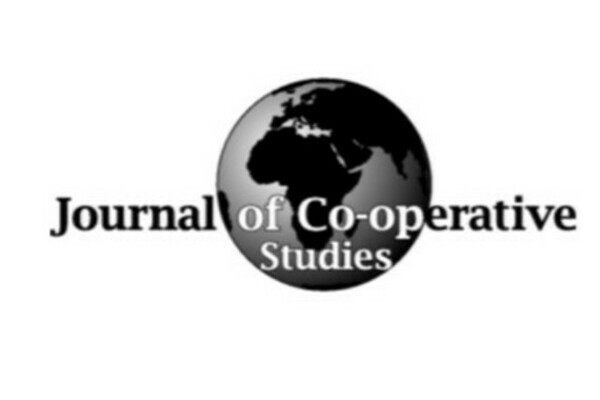Journal of Co-operative Studies, Vol 34 No 3
Winter (Dec) 2001

James Bell, pp. 157-158
Participation model in the workers' co-operatives of Andalusia, Spain.
Antonio J. Romero, pp. 159-172
Distributions, and what it means to be a co-operative.
Cliff Mills, pp. 173-181
Crisis on the railways: An opportunity for co-operation
Paul Salveson, pp. 182-187
Do co-operatives differ from mutual non-profits? A social economy perspective.
Jack Quarter and Jorge Sousa, pp. 188-197
Opportunities and challenges in comunications for Irish credit unions.
Olive McCarthy and Michael Ward, pp. 198-210.
Society for Co-operative Studies: Report of conference 2001
Iain Williamson, pp. 211-216
Brentham: A history of the pioneer garden suburb, 1901-2001. By Aileen Reid.
Johnston Birchall, pp. 217-218.